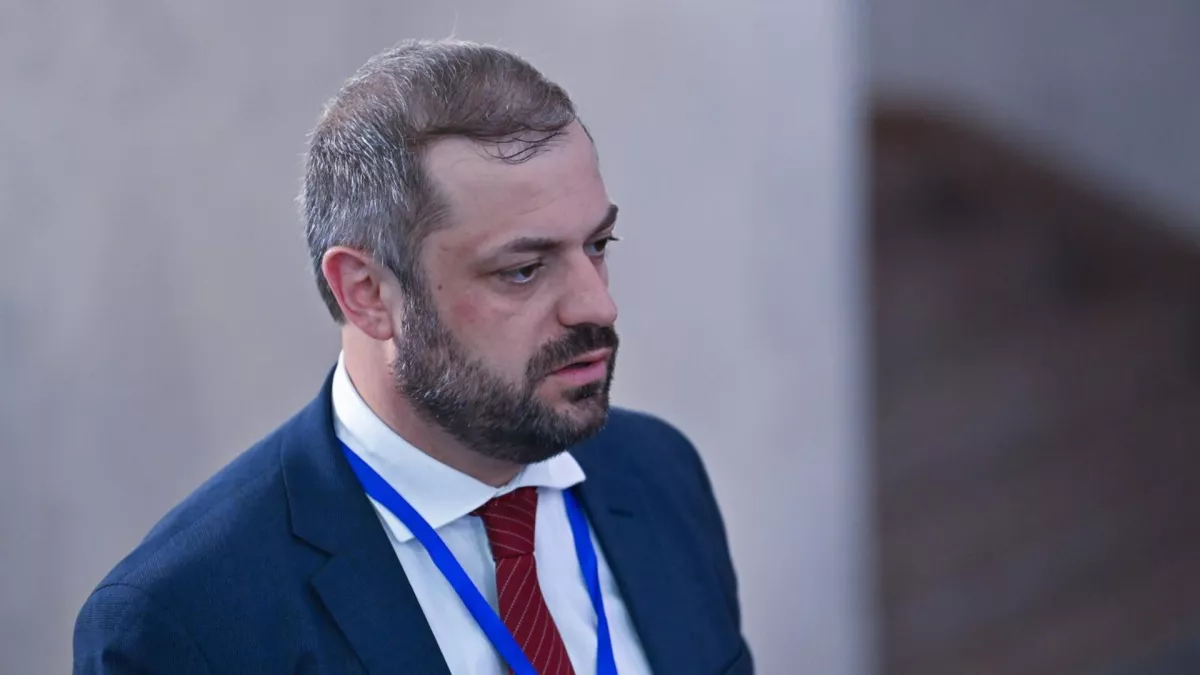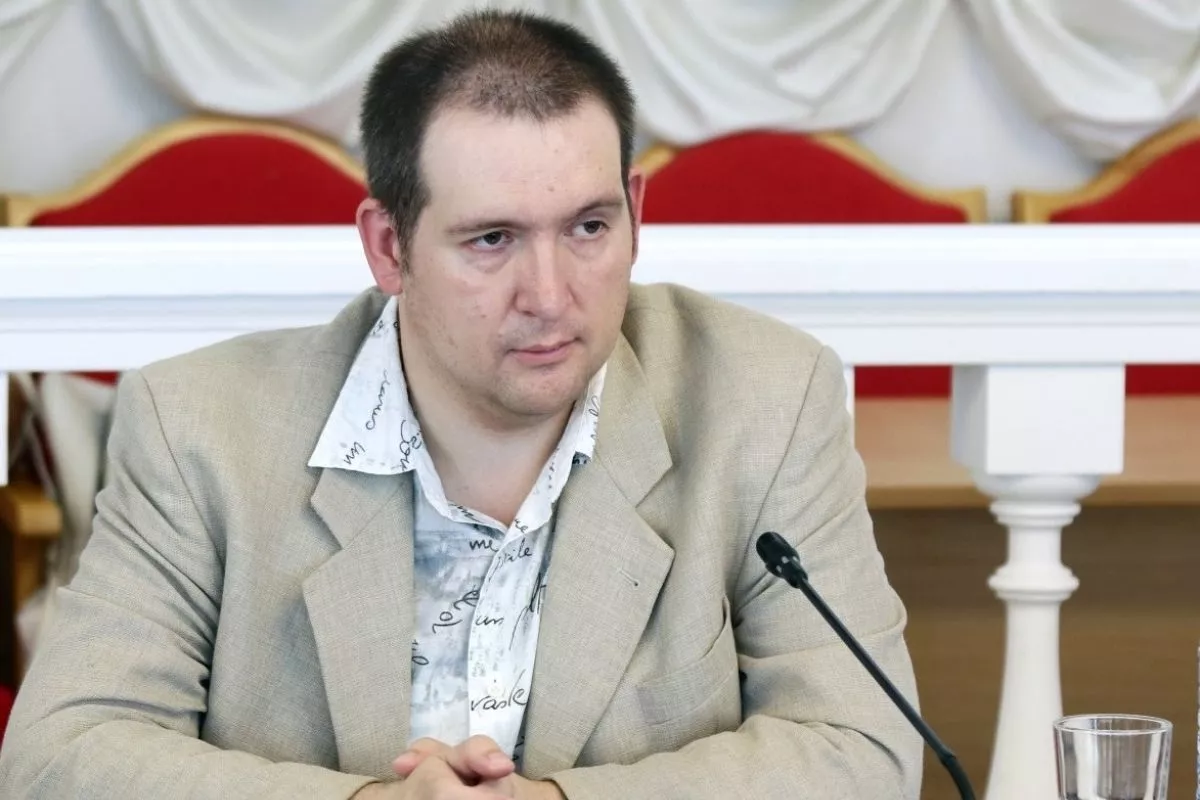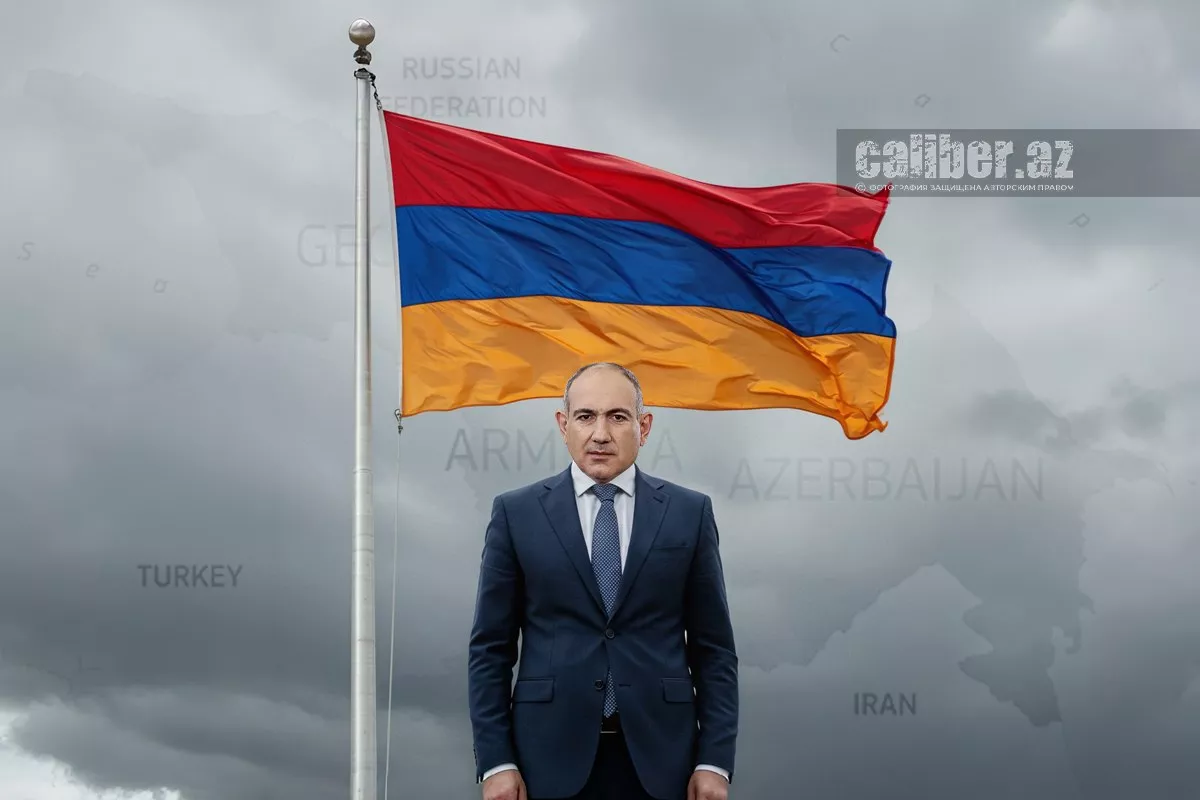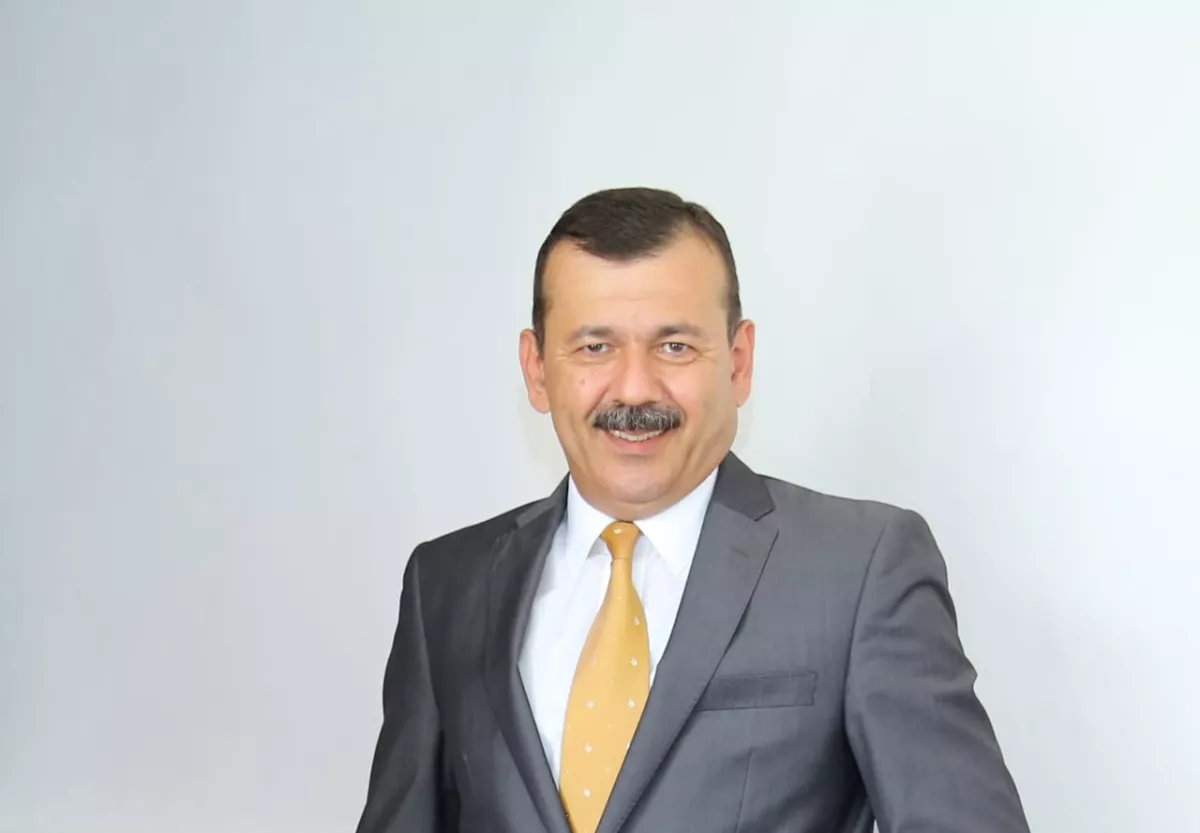Peace, borders, and communications Experts on the near-term outlook for the South Caucasus
Recently, at a meeting of the Standing Parliamentary Committee of the National Assembly of Armenia on Eurasian integration and regional issues, Economy Minister Gevorg Papoyan stated that Türkiye and Azerbaijan have already achieved their objectives.
He noted that it was precisely to fulfil these objectives that Baku and Ankara previously closed their borders with Armenia.

"Türkiye and Azerbaijan closed their borders with Armenia, intending to weaken it, economically neutralising it, and ultimately achieve their set goals," Papoyan said.
The minister emphasised that if Armenia wishes to continue its previous policies and ultimately destroy its own state, he would oppose this and do everything possible to prevent it.
"I will do everything to open the Armenian-Turkish border and develop the Armenian economy," the government official stated.
Negotiations between Armenia and Türkiye regarding a potential border reopening are reportedly ongoing. Discussions are also taking place on the restoration of regional communications with Azerbaijan.
However, Baku and Ankara have clearly outlined a set of conditions that the Armenian side must meet for these plans to move forward. Perhaps Papoyan should first consider whether his government is willing and prepared to satisfy these requirements.
Renowned experts shared their insights on this matter with Caliber.Az.

Russian political analyst Mikhail Neizhmakov noted that the signals from the parties involved indicate that many details regarding the unblocking of transport communications in the region remain unresolved.
"Let us recall the statement by Armenia’s Foreign Minister Ararat Mirzoyan on September 10, 2025, noting that ‘there are many technical conditions that require negotiations.’
From what can be judged, Ankara assumed it would take key steps toward normalising relations with Yerevan only after a peace agreement between Azerbaijan and Armenia was signed. At least, Turkish Foreign Minister Hakan Fidan in September referred to this condition as the starting point, after which his country would ‘quickly normalise relations with Armenia.’
Within Armenia itself, the prospect of opening the border with Türkiye and unblocking transport communications with Azerbaijan will undoubtedly face criticism from the opposition. This could further complicate public negotiations during the decisive phase of preparations for Armenia’s parliamentary campaign – at least in spring and early summer 2026.
It cannot be ruled out that the main parameters for unblocking communications between Baku and Yerevan could be agreed upon even before the official start of this pre-election campaign. It is no coincidence that Hakan Fidan spoke of the possibility of a peace agreement between Azerbaijan and Armenia in the first half of 2026, which could provide an additional ‘lever’ for dialogue on unblocking communications.
However, an equally likely scenario is that the issue of transport communications will remain unresolved until the conclusion of the pre-election race and the formation of a new Armenian government,” the expert noted.
He also did not rule out that the formation of a new government in summer 2026 could be accompanied by street protests from the opposition.
“Moreover, parliamentary election scenarios can vary. The ruling Civil Contract party may come out on top, but maintaining an absolute majority for Nikol Pashinyan’s supporters in the new parliament will, at the very least, be a very challenging task.

The current Armenian prime minister in 2026 will either have to significantly increase support or rely on a secret ally within the opposition, who would first gather some of the protest votes and then enter a coalition with him.
Otherwise, a situation similar to the Gyumri municipal elections in spring 2025 could repeat, when the Civil Contract party led the race but failed to secure an absolute majority in the City Council and could not find allies to form a coalition under its banner.
It can be assumed that even with favourable negotiations, key practical steps to unblock regional communications will likely be postponed at least until the conclusion of the parliamentary campaign, that is, until summer 2026. Indirect evidence of this is provided by the agreements reached following the September 2025 meeting between Türkiye and Armenia’s special representatives for normalisation, Serdar Kılıç and Ruben Rubinyan, who announced plans to prepare for regular air connections between the countries by next summer.
It is possible that Baku and Yerevan, when planning the first practical steps to unblock transport communications, will follow a similar timeline,” Neizhmakov suggested.

Political commentator Murad Sadaddinov, in turn, reminded that diplomatic relations between Türkiye and Armenia were severed and borders closed as a result of Armenia’s occupation of Azerbaijani lands.
"In the subsequent period, the Turkish side always stated that until Armenian armed forces leave the occupied territories, there can be no question of restoring diplomatic relations or opening the borders. Even during the most difficult times, when Türkiye faced strong pressure from the United States and European institutions, Ankara, despite this pressure, did not open the borders or restore diplomatic relations.
Today, yes, certain issues have been resolved. Azerbaijan has restored its territorial integrity and sovereignty over all its lands. Armenian armed forces are no longer present, yet there remain issues that must be fully addressed.
The Turkish side has always emphasised that it is ready to restore diplomatic relations with Armenia and open the borders only after Armenian-Azerbaijani relations are settled. This primarily implies the signing of a peace treaty. Once this treaty is concluded and issues related to the Zangezur corridor are resolved, I believe Türkiye will proceed with restoring relations and opening communications," the expert said.
According to him, it should not be forgotten that there are forces—both within Armenia and beyond its borders—that are not interested in opening the borders or restoring relations, as they understand that in such a case Türkiye’s influence in Armenia would increase, while the opportunities for destructive external actors would be minimised.
"In this context, it is important to note that the opposition in Armenia, which opposes Pashinyan, sets one of its goals as preventing the restoration of relations between Armenia and Türkiye.
I would remind you that, at one time, former Armenian President Robert Kocharyan stated on Russian television that relations with Türkiye must not be restored and communications must not be reopened, because in that case Ankara’s influence in Armenia would grow, and the opposition would lose the ability to use the country as a foothold for external forces to provoke tensions in the South Caucasus.
Today, we see that the influence of Azerbaijan and Türkiye in the region is very strong. The current Yerevan government’s policy is aimed at restoring relations with Azerbaijan, swiftly signing a peace treaty, and rebuilding relations with Türkiye.
Recent statements by Prime Minister Pashinyan, as well as well-known events in August this year—the agreements reached in the United States—show that Armenia’s leadership is pursuing this course.
Moreover, there is today a significant global force supporting this policy—the President of the United States, Donald Trump. Therefore, despite protests from revanchist opposition forces, I am confident that Armenia’s current leadership will be able to achieve the signing of a peace treaty with Azerbaijan, which will in turn lead to the opening of borders and the restoration of relations with Türkiye," Sadaddinov concluded.








